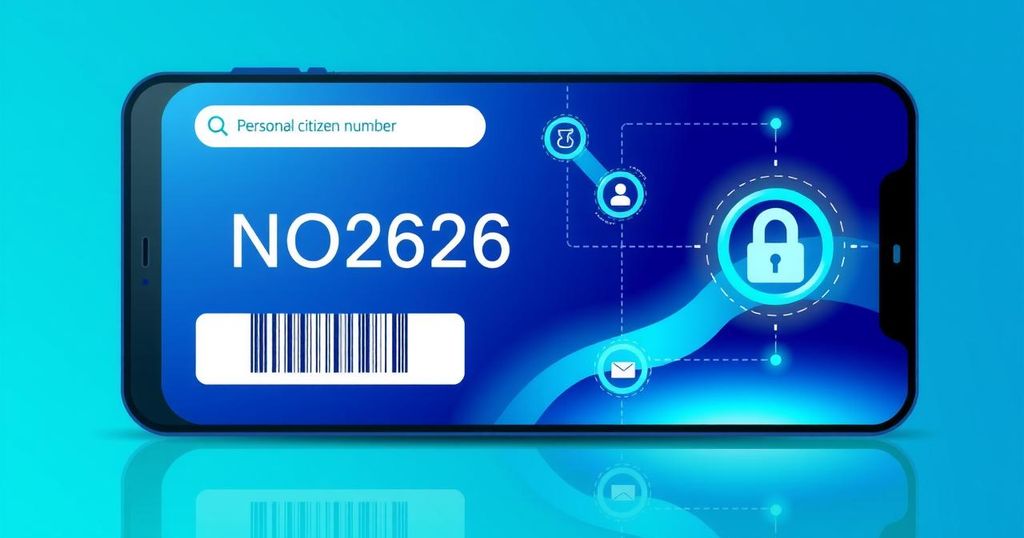Privado ID and Privately have been chosen for the European Blockchain Sandbox to develop an innovative age verification system utilizing self-sovereign identity (SSI). Their solution aims to protect sensitive information through zero-knowledge proofs (ZKPs) and verifiable credentials (VCs). The Sandbox will facilitate testing of their Billions framework and promotes compliance with GDPR and the European Digital Identity Framework.
Privado ID and Privately have been selected for the third cohort of the European Blockchain Sandbox, focusing on an innovative age verification system using self-sovereign identity (SSI) principles. Their age assurance tool aims to protect sensitive information, such as dates of birth and national ID numbers, utilizing technologies like zero-knowledge proofs (ZKPs) and verifiable credentials (VCs).
Privado ID plans to leverage the Sandbox to evaluate its Billions framework, which launched earlier this year. This identity verification protocol aims to establish a foothold in the proof-of-personhood (PoP) landscape, competing with existing systems like World ID and Civic. The objective is to enable users to authentically demonstrate their humanity.
The European Blockchain Sandbox, initiated by the European Commission, serves to foster dialogues with regulators about diverse applications of Distributed Ledger Technologies (DLT). Running from 2023 to 2026, the Sandbox selects 20 projects annually, including various public sector applications within the European Blockchain Services Infrastructure (EBSI).
Among the selected projects is one focusing on the EBSI for public entities, along with 19 others spanning multiple industries and regulatory frameworks. Privado ID and Privately unveiled their age assurance solution in November of the previous year, proposing its application in online platforms hosting age-restricted content like gaming or alcohol sales.
This proof of age will be generated via an identity wallet, employing on-device AI technology for age estimation while ensuring that no personal data is transmitted externally. The approach emphasizes user privacy, reduces unnecessary data sharing, and enhances cross-border interoperability for EU users.
The use case adheres to GDPR regulations, particularly in data minimization, securing user consent, and managing data safely. Additionally, it aligns with the European Digital Identity Framework, aiming to seek regulatory advice on employing decentralized identifiers for services across borders.
In summary, Privado ID and Privately’s selection for the European Blockchain Sandbox highlights their commitment to enhancing age verification systems while prioritizing user privacy. By utilizing technologies like SSI, ZKPs, and VCs, the project aims to streamline compliance with GDPR regulations and bolster security. This initiative is a significant step in integrating advanced digital identity solutions within the evolving landscape of distributed ledger technologies in the EU.
Original Source: www.biometricupdate.com





